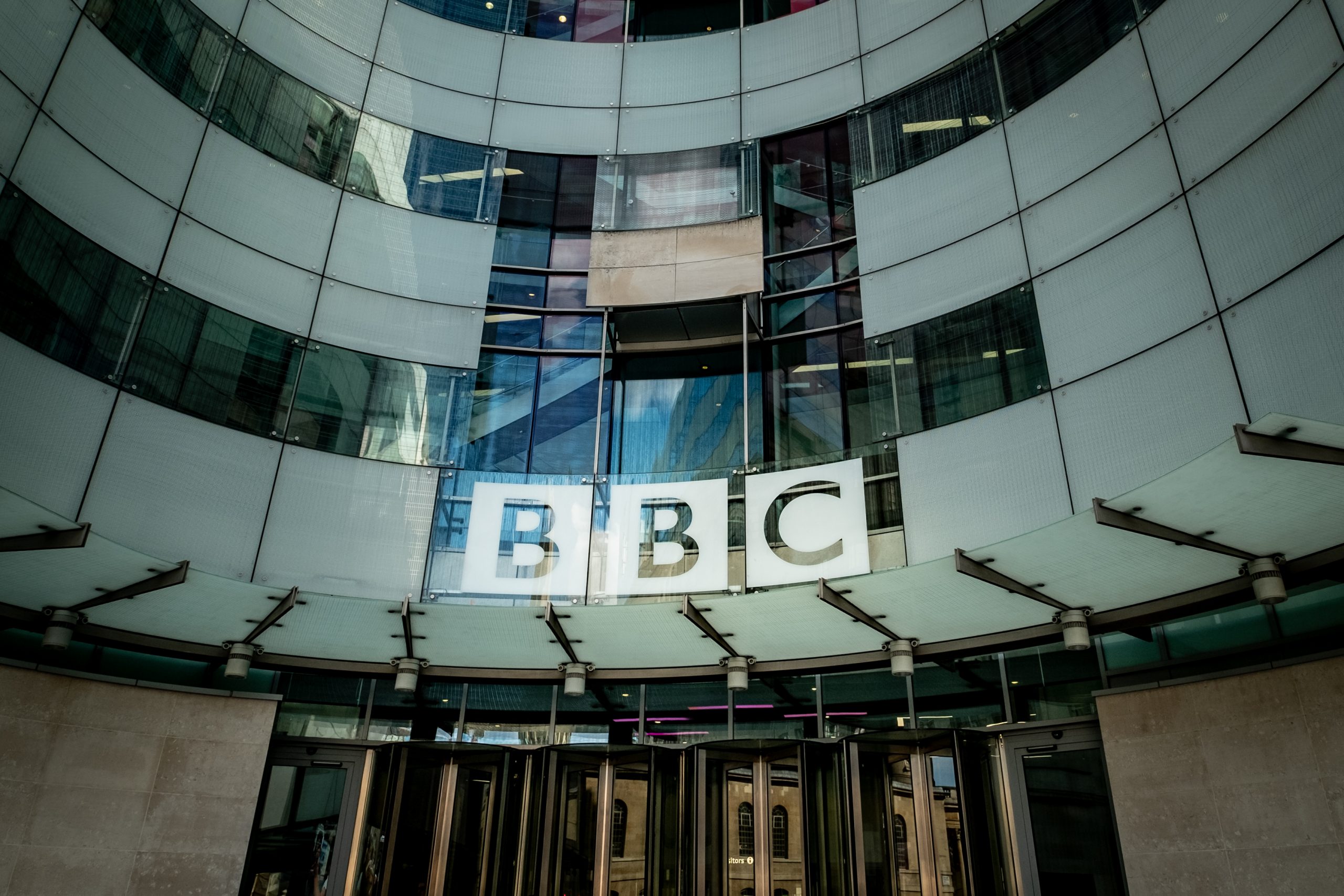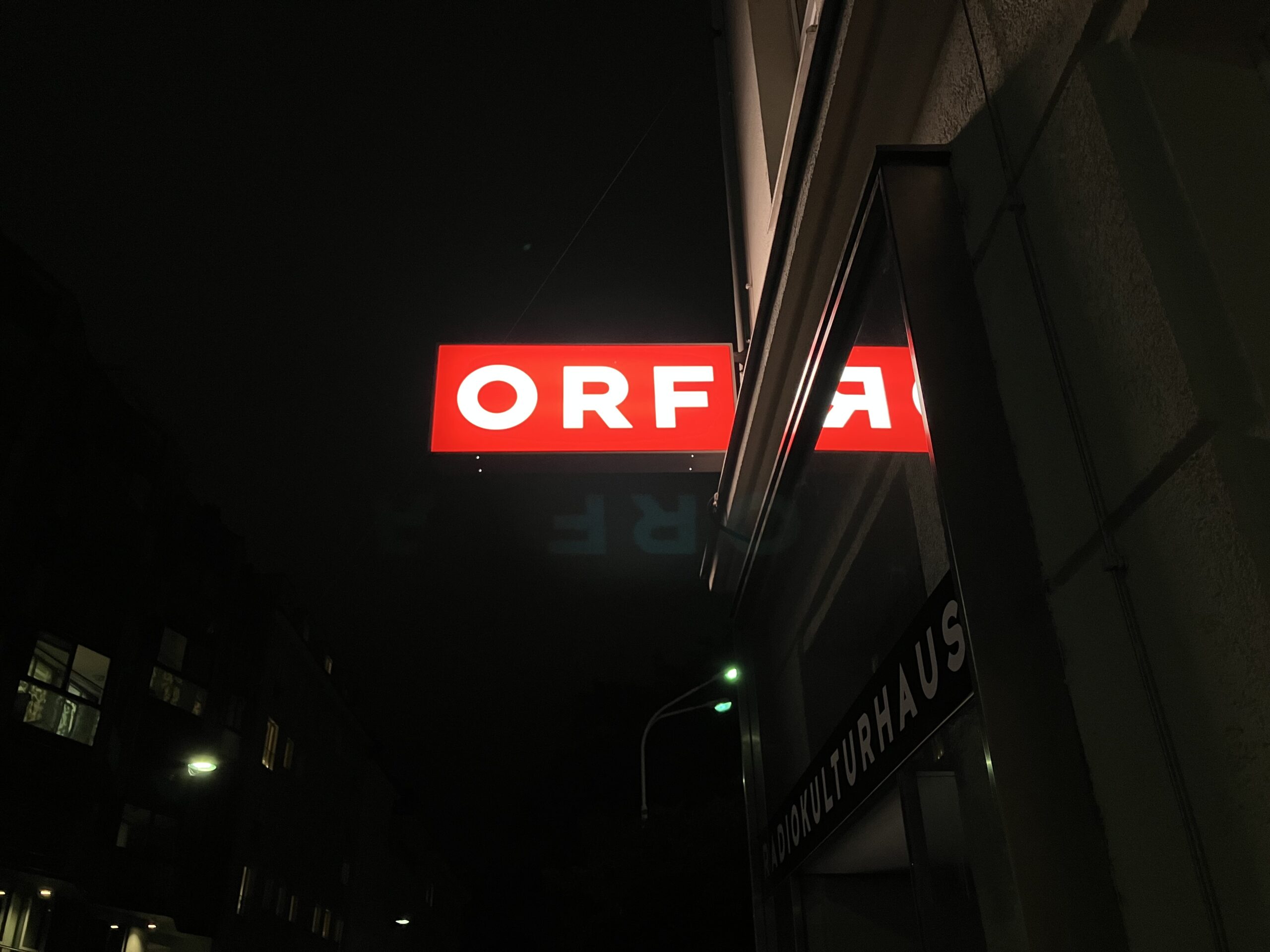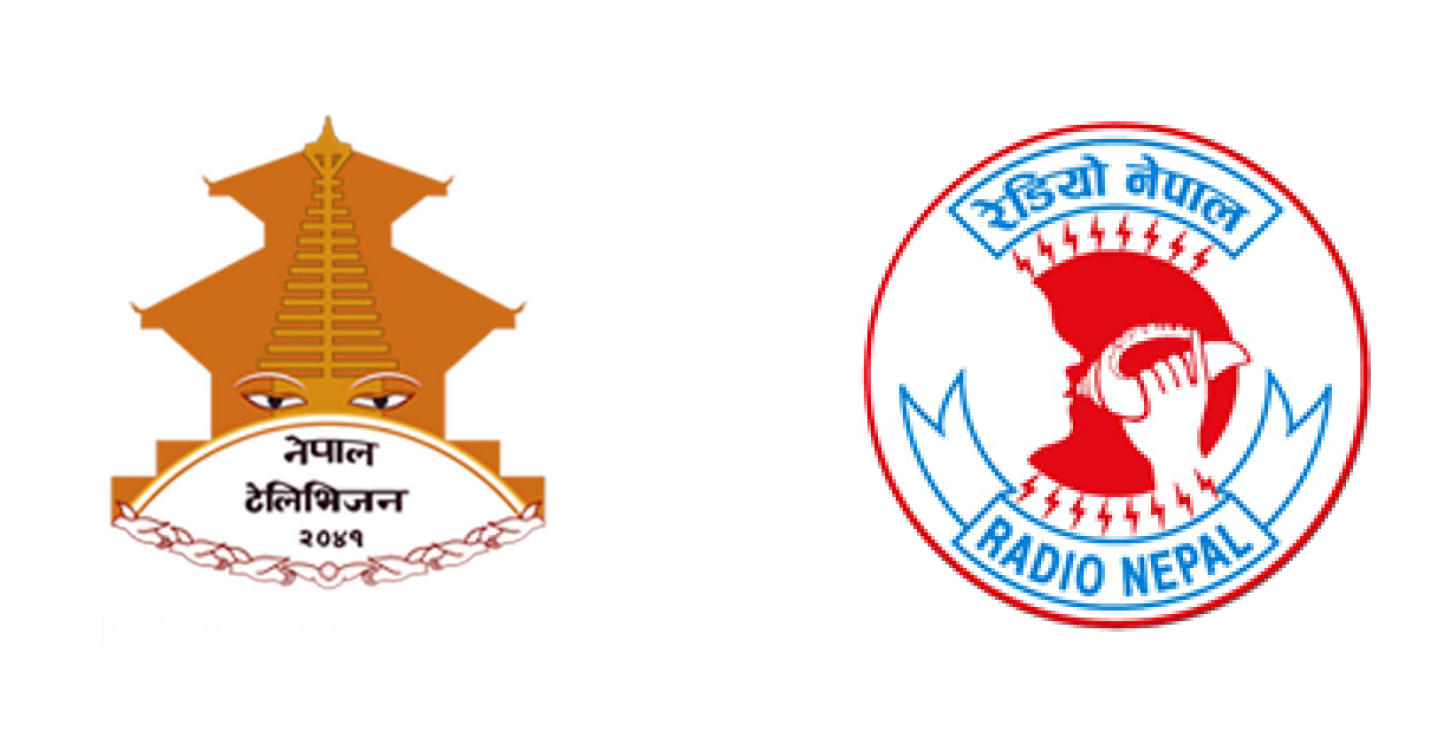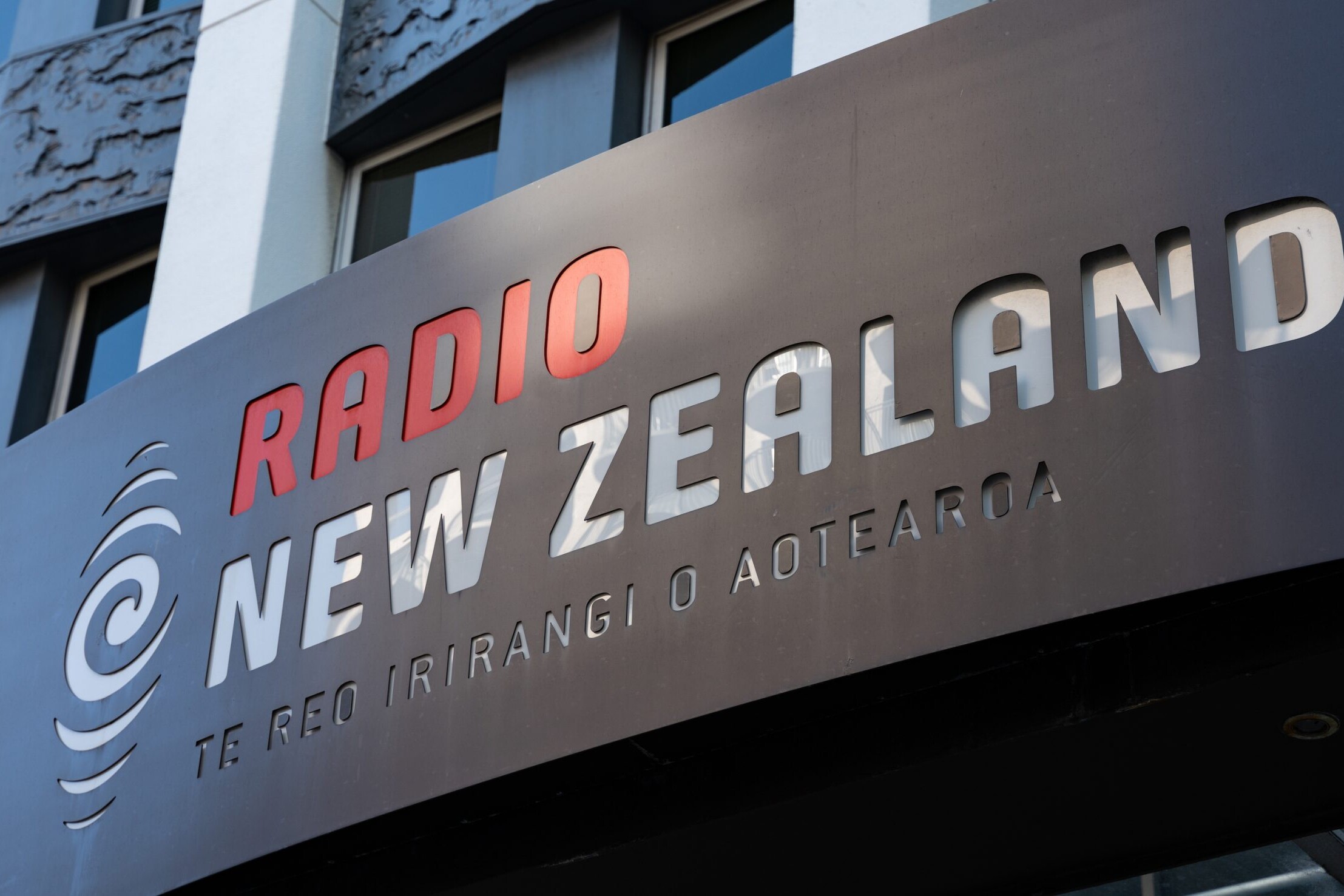The PMA Briefing
Public broadcasters apologise for editorial failings
4 March 2025
Both the BBC and DR broadcast documentaries that are mired in controversy, and then taken off their OTT platforms. Plus, what does Austria’s new coalition government mean for ORF? How is Nepal’s new PSB taking shape? And why is Iran’s state media budget increasing?
Denmark & UK: Editorial errors lead to apologies, and raise questions over working with external production companies
Both the BBC and DR have apologised after broadcasting externally-produced programmes which were both found to have concealed critical information. Both broadcasters have taken the shows off their streaming platforms.
In early February, DR broadcast “Grønlands hvide guld” [Greenland’s white gold] – a documentary which sought to examine the relationship between Denmark and Greenland, and the material wealth Denmark had extracted from the island. But there was controversy over the figures presented, which claimed Denmark sold cryolite and cryolite-based products which amounted to about 400 billion kroner in today’s money. This figure was widely criticised by economists and those who contributed to the documentary as misleading, arguing it didn’t take into account associated mining and production costs, which would make the overall figure smaller. DR was accused of “poor journalistic craftsmanship” by the Minister of Culture.
In February, the Head of News presented a document which described the production process, and announced there would be a review of the process behind externally-produced programmes. However, subsequent findings – including the removal of a graph central to the documentary – led DR to take the programme off their OTT platform, and Thomas Falbe resigned as editor-in-chief of DR Nyheder. The most recent announcement pointed to new steps DR was taking, including strengthened quality control; separating news coverage and documentaries; and initiatives to collaborate with the Danish Film Institute, which funded the documentary.
In the UK, a similar crisis has been playing out at the BBC. “Gaza: How to Survive a Warzone” was broadcast in February, and it was also produced by an external production company. It was similarly found to have avoided significant information. In this instance, it was discovered that the figure at the centre of the documentary, a 13-year-old boy who also narrates the programme, was the son of a Hamas official. The BBC removed the film from its OTT platform while further due diligence was carried out.
A subsequent review into how the programme was produced and commissioned found “serious flaws”, leading to an apology and the concession that the controversy had damaged trust in the BBC. The BBC had written to the production company multiple times about whether the boy had any connections to Hamas, but never received a response. The Culture Secretary met with the BBC Director General to discuss the situation. A new independent investigation, reporting directly to the Director General, has been commissioned.
Denmark: Read more >>
UK: Read more >>

Austria: ORF reforms; “increase efficiency at reduced costs”
The new coalition formed by the conservative ÖVP, the social democrats SPÖ and the liberals Neos have compromised on a plan for the public broadcaster. Its aim is to make “the ORF leaner, more digital, more transparent, closer to the people, more regional and more sustainable”, according to the Keine Zeitung. And it has to achieve all of this at reduced costs.
The ORF contribution will be frozen until 2029, which will force the public broadcaster to make savings. Additionally, the ORF should further restrict its commercial activities and develop its cooperation with private media. The government also planned on restructuring the ORF Board and the different committees, including fewer appointments of board members coming from the government to reduce the possible influence over the ORF.
These decisions came after months of negotiations between the ÖVP and the far-right SPÖ that failed a few weeks ago, which threatened diminishing the ORF through severe cuts, and structural and programme changes. Although the finances of ORF are now more secure, the ORF’s Director General warned that they will be operating under a “very tough austerity package”.

Iran: State media budget receives 50% increase
While many public media outfits are struggling with stagnant or declining budgets, Iran’s Islamic Republic of Iran Broadcasting (IRIB) will see its budget go up by 50 percent. The organisation, which operates the international news channel Press TV, receives its funding directly from the government. It is run directly by the Iranian authorities, with its head appointed directly by Ayatollah Khomeini. According to Iran News Update, IRIB now receives an equivalent budget to the Ministries of Oil, Justice, Foreign Affairs and Cultural Heritage combined.
It comes as IRIB faces a crisis over its relevance, with DW reporting that only 12.5 percent of Iranians use the broadcaster for its news. Other forms of content – distributed via streaming platforms or DVDs – are being used to get around the state censors. IRIB remains sanctioned by the US and the EU.

Nepal: The role of Public Service Media
A seminar was held in Nepal last week on the role of public service media, as the Himalayan country undergoes the development of a new public media network. Addressing the symposium, the new organisation’s chairman, Dr Mahendra Bista, said it would give priority to national unity, disaster and prosperity, and would cover all languages, cultures and religions.
The new public broadcaster was announced last year following the merger of existing radio and television networks, and is based on the models of the BBC and NHK. However, there are concerns over the management model and the wider state of press freedom in Nepal, although it is considered one of the freest countries in Asia.

Featured Image: Head office building of DR Byen – Danish Television Station. Credit: alexfan32 / Shutterstock.com
Related Posts
25th February 2025
Conflicting ideas for public media | The PMA Briefing
From Canada to Czech Republic, France…
18th February 2025
How to make news sustainable | The PMA Briefing
Concerns arise as Australia's gov't new…
11th February 2025
Restructures & reforms take hold | The PMA Briefing
Argentina’s gov't maintains oversight…
4th February 2025
Funding cuts, and the threat of funding cuts | The PMA Briefing
While the BBC has announced new cuts at…



